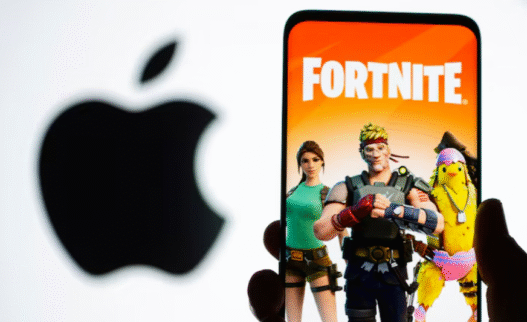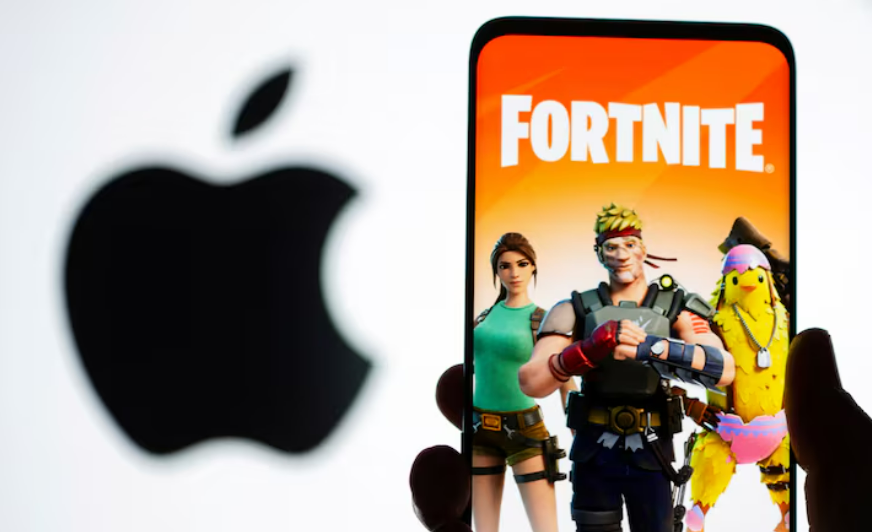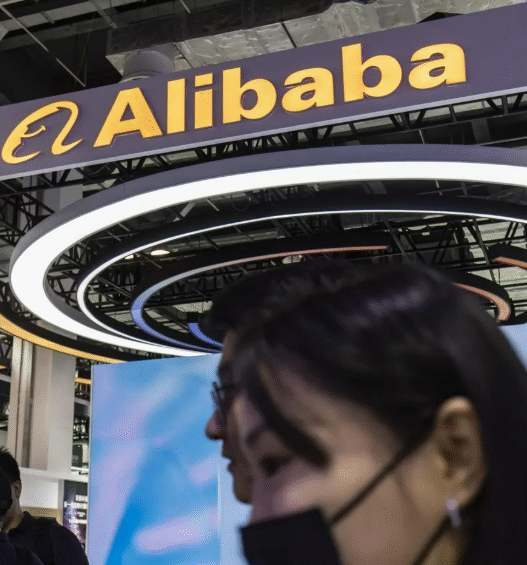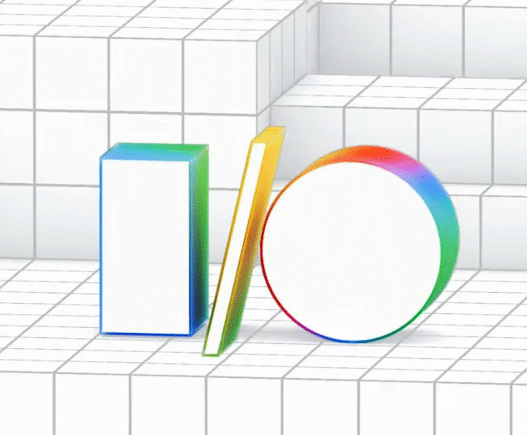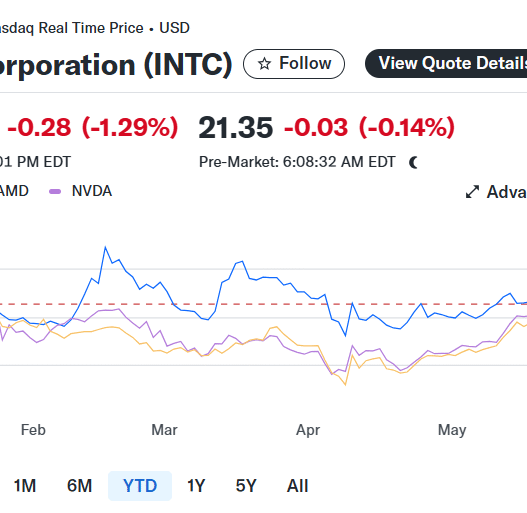The gaming world was caught by surprise as Epic Games’ wildly popular battle royale title “Fortnite” suddenly became unavailable on Apple iPhones across both the European Union and United States. This latest development marks another chapter in the long-running feud between the game developer and the tech giant that has significant implications for the mobile gaming ecosystem.
The Latest Development in a Years-Long Conflict
On Friday, players attempting to access Fortnite through iOS devices discovered they could no longer do so. Epic Games quickly issued a statement indicating that access to Fortnite via Apple’s iPhone Operating System and App Store would remain unavailable worldwide until Apple unblocks it.
This situation represents a significant reversal after Fortnite had only recently returned to iOS devices in the EU following pressure from European regulators enforcing the Digital Markets Act. That legislation aims to curb the power of tech gatekeepers and create more competitive digital marketplaces.
The conflict between these two tech powerhouses dates back to 2020 when Epic deliberately violated Apple’s App Store rules by introducing a direct payment system that bypassed Apple’s 30% commission structure. Apple promptly removed Fortnite from its App Store, triggering a major antitrust legal battle that continues to reshape the mobile app economy.
Conflicting Narratives Over the Latest Blockage
While Epic Games didn’t explicitly state why Fortnite was blocked in its initial communications, Apple presented its side of the story. According to an Apple spokesperson, the company had merely asked Epic Sweden to resubmit the app update without including the U.S. storefront to prevent impacts on Fortnite availability in other regions.
“We did not take any action to remove the live version of Fortnite from alternative distribution marketplaces,” the Apple representative stated.
However, Epic Games swiftly escalated the situation by filing a court motion late Friday asking a U.S. judge in California to hold Apple in contempt. The gaming company claims Apple should be required to allow Fortnite’s distribution as part of a prior court ruling. Epic didn’t mince words, describing Apple’s actions as “blatant retaliation against Epic for challenging Apple’s anticompetitive behavior and exposing its lies to the court.”
For the latest updates on how this dispute affects gamers and the broader tech industry, check our ongoing coverage of gaming industry developments.
Broader Industry Implications
This latest skirmish between Epic and Apple occurs at a pivotal moment for the mobile gaming and app distribution landscape. Epic Games, valued at approximately $32 billion and backed by Chinese tech giant Tencent, has positioned itself as a champion against what it perceives as monopolistic practices by app store operators.
Fortnite’s massive popularity—having attracted millions of players since its 2017 launch—gives Epic considerable influence in this debate. The game’s “battle royale” format, where players fight to be the last one standing, revolutionized online gaming and created an entertainment phenomenon that transcends traditional gaming demographics.
Industry analysts note that this dispute highlights the increasing tension between content creators and platform holders. As digital marketplace regulations evolve globally, companies on both sides are jockeying for position in what could become a fundamentally altered app economy.
Recent Legal Victories and Future Outlook
Epic Games scored a significant victory earlier this month in its ongoing legal campaign against Apple. While specific details of that ruling weren’t elaborated upon in initial reports, it appears to have emboldened Epic in its confrontation with the tech giant.
The approval of Epic’s marketplace app on iPhones and iPads in Europe last year represented another win for the game developer, though it came primarily through regulatory pressure rather than direct legal victory.
As this dispute continues, mobile gamers find themselves caught in the middle of a high-stakes corporate and legal battle. The outcome will likely influence not just the future of Fortnite on iOS devices but potentially the entire structure of mobile app distribution and the economic relationships between developers and platform holders.
Both companies have demonstrated their willingness to engage in protracted legal battles to defend their respective positions. For Epic, this represents a fight against what it views as excessive control and fees imposed by app store operators. For Apple, it’s about maintaining what it considers necessary oversight and compensation for providing its platform and services.
The coming weeks will be crucial as legal proceedings advance and both companies potentially adjust their strategies in response to court decisions and regulatory pressures. Whatever the outcome, the repercussions will extend far beyond just the availability of a single game, potentially reshaping how mobile software distribution functions globally.









